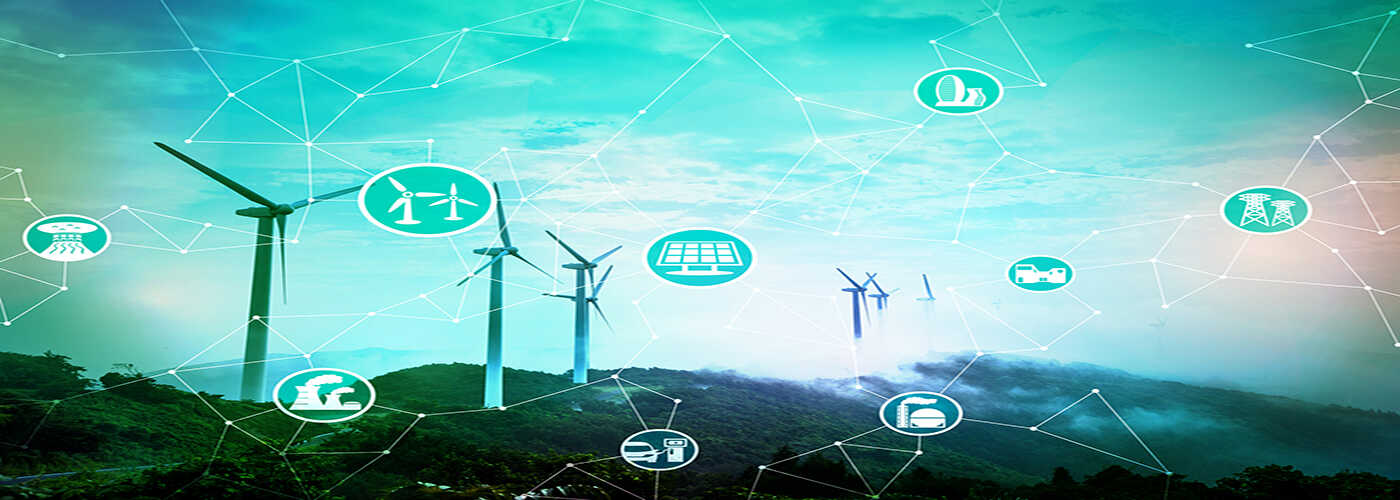…And It’s Creating Opportunities for Savvy Investors
I’m sure you know the “Butterfly Effect”—that cliched theory about a butterfly flapping its wings in China, and through all manner of iterations and expansions manifesting a hurricane in the Atlantic Ocean…or something like that.
Well, something similar is happening now, as a knock-on effect of Russia’s misguided invasion of Ukraine.
To wit, Britain is now looking to build seven nuclear power plants.
That might seem like an odd segue, but it is perhaps the most logical end result of the Ukraine war.
And it means there’s an opportunity here for investors who are connecting the dots.
It all starts with those sanctions I’ve been writing about for the last few weeks. One of the most financially painful set of tit-for-tat sanctions centers on Russian natural gas.
See, Europe relies on Russian gas to stay warm during continental winters, which can get downright frigid. Indeed, more than 45% of Europe’s natural gas imports flow out of Russia. The next three largest suppliers—Norway, Algeria, and Qatar—don’t even reach 30% combined.
There is, however, a flipside.
While China is the largest single-country importer of Russian gas (the gas equivalent of about 1.6 billion barrels of oil per day), Europe as a region is far larger at 2.4 billion barrels per day.
As such, both sides of this coin are heavily reliant on each other.
But Europe realizes it might be the submissive in this relationship.
Sure, it can threaten to curtail Russian gas imports and hurt Russia’s finances, but morality weakens as the temperature tumbles. European leaders know this, of course. And Europeans, for all their anger at Russia today, are not going to spend their winters ambling about their flats in three layers of clothes. At some point, personal comfort wins.
Europe has long realized this unbalanced symbiosis existed. But led by Germany, Europe was determined to bring Russia in from the cold and create a peaceful continent kept content by heavily intertwining the EU and Russian economies.
Russia’s aggression toward Ukraine has exposed Europe’s Achilles’ Heel.
Europeans now recognize that they will forever be hostage to Russian gas if they don’t pivot.
And, so, Britain is now talking about building seven nuclear reactors to move away from reliance on Russia.
The EU as a whole is now looking to import more liquified natural gas (LNG) from the U.S., Algeria, Turkey, and elsewhere…which means Europe is on the cusp of an infrastructure upgrade necessary for receiving and re-gassifying LNG.
It’s also looking to double its efforts at turning agricultural and other biomass into methane. And it’s ramping up spending on various types of renewable and hydrogen power.
All of which are dots we, as investors, should be connecting.
Opportunity often rides shotgun with crisis. Which is why I always advise patience and levelheadedness when a crisis begins.
Investments ebb and flow because of uncontrollable, unpredictable outside events that impact stocks, bonds, crypto, gold, silver, currencies, etc.
Prices go down. Prices go up.
But over time, quality assets always win.
Which is why I see this moment as an opportunity amid a crisis.
Europe’s tomorrow certainly will be far less reliant on Russia—a mistake of grave proportions for Putin and the Russia he leaves behind.
Instead, Europe’s tomorrow is going to be heavily reliant on nuclear and renewables.
LNG will have a comparatively brief life if only because the cost of liquefying, transporting, and re-gassifying the liquid is much costlier than taking Russian gas by pipeline. Moreover, Europe is far more interested in green-tech than is the U.S. As such Europe is much more likely to de-emphasize gas infrastructure and focus on renewables and clean energy instead.
I’m already looking for investment opportunities there, which I aim to bring to Global Intelligence subscribers in May.
The butterfly has flapped its wings.
Now, a storm is brewing in the energy market…and there’s profits lurking in that.

